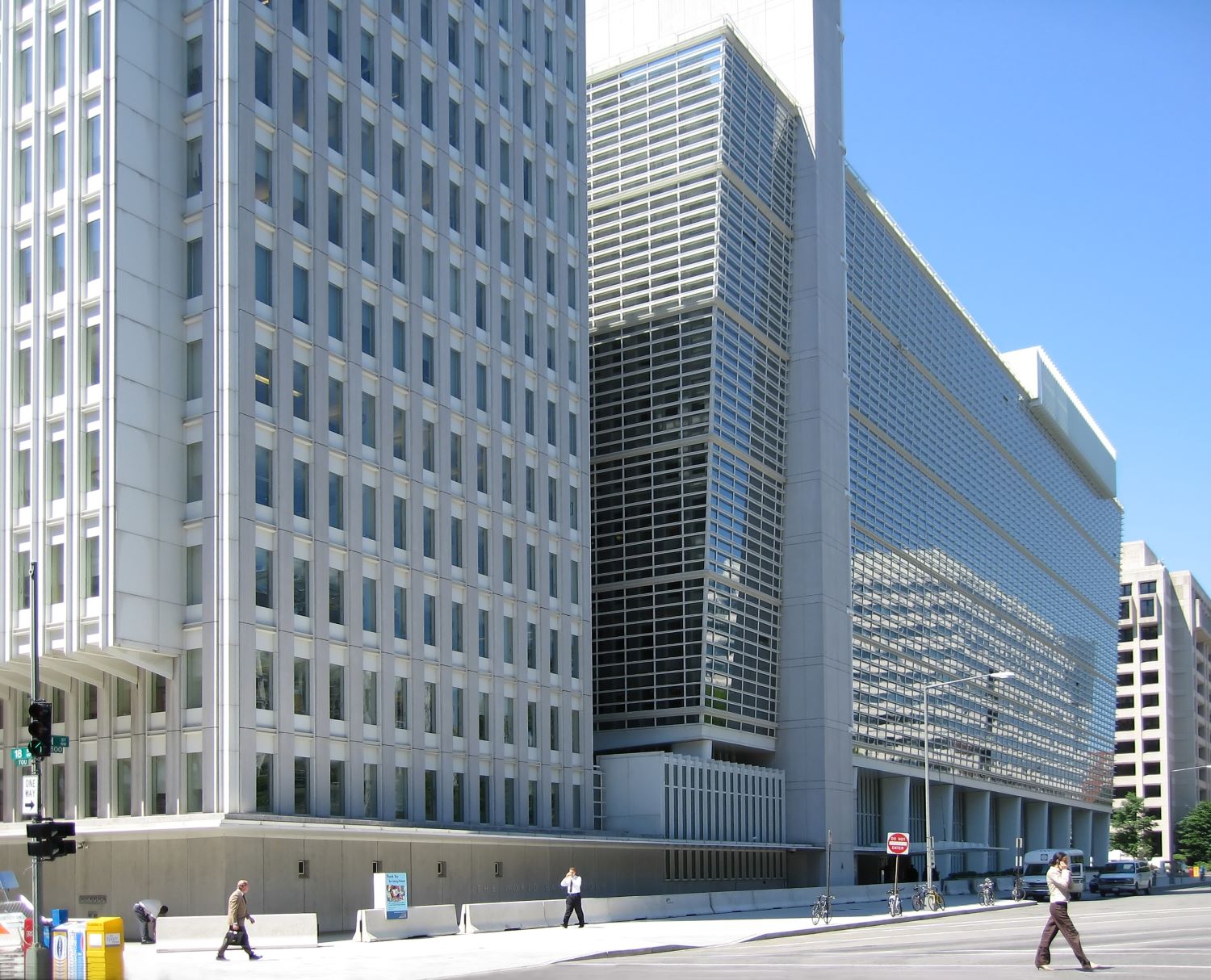WASHINGTON, US – The growth of the economies in the Middle East and North Africa (MENA) is expected to fall sharply this year, the World Bank said.
The region’s gross domestic product (GDP) is expected to fall to 1.9 percent in 2023 from 6 percent in 2022, due to oil production cuts amid subdued prices, tight global financial conditions and high inflation, the latest issue of the World Bank MENA Economic Update (MEU), released on Thursday said.
The decline in growth this year is expected to be more pronounced in the oil exporting countries of the Gulf Cooperation Council (GCC), the report said.
The World Bank forecasts real GDP growth in the GCC to be 1 percent for 2023, down from 7.3 percent in 2022 as a result of lower oil production and reduced prices.
In developing oil exporting countries, growth is forecast to decline from 4.3 percent in 2022 to 2.4 percent in 2023.
The tightening of global financial conditions and high inflation continue to constrain economic activity in oil importing countries in the MENA, said the bank.
By the end of 2023, only eight of 15 MENA economies will have returned to pre-coronavirus pandemic real GDP per capita levels. Real GDP is economic growth adjusted to include inflation levels.
“If the region grows slowly, how will the 300 million young people who will be knocking at the door of the labor market by 2050 find jobs with dignity?” Ferid Belhaj, World Bank vice president for the MENA region, said in a press release.
The World Bank’s chief economist for the MENA region, Roberta Gatti said, “There is one aspect where the MENA region is unique [compared to the rest of the world] — how much unemployment reacts to economic downturns.
“The reaction of unemployment is almost twice as large as it would have been in other emerging markets and developing economies,” she added.
Five million people in the Middle East and Africa have lost their jobs due to the economic shocks that have impacted the region since 2020, such as the coronavirus pandemic, the economic fallout of the Ukraine war and high inflation, Gatti said.
Natural disasters in North Africa
The World Bank hasn’t completed a full assessment of the economic impact of the recent earthquake in Morocco and floods in Libya, but it predicts that the macroeconomic effects could be modest as the potential disruptions are likely to be short-lived.
Marrakesh, where the World Bank’s annual general meeting is taking place next week, was badly impacted by the 6.8 magnitude quake that struck in the nearby Atlas Mountains Sept. 8.
The report noted that GDP growth tends to bounce back quickly after such events.
Speaking at the report launch with Gatti, Ferid Belhaj, vice president Middle East and North Africa at the World Bank, said the organization is in discussions with both Libya and Morocco about assessing the damage to their disasters and also providing financial assistance to help their economies recover.
He said that these countries are likely to “move past” the economic impact of the disasters within four years.

